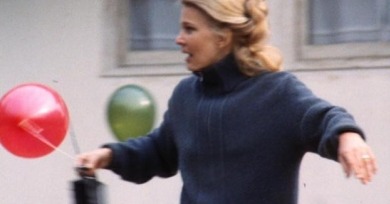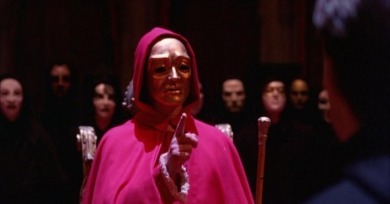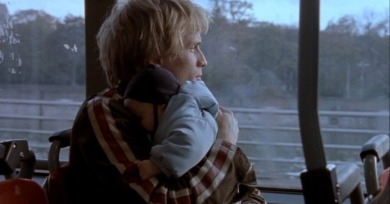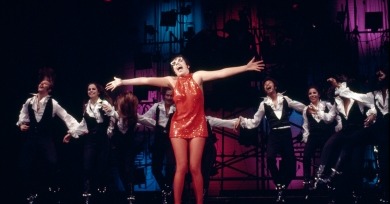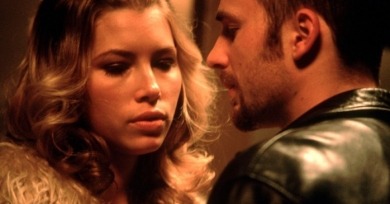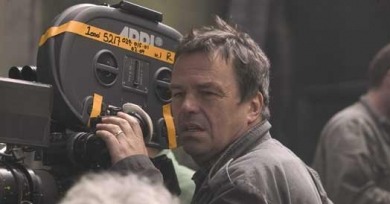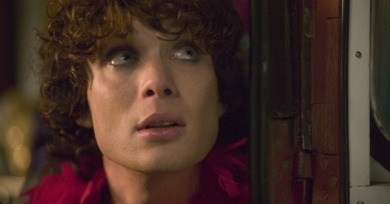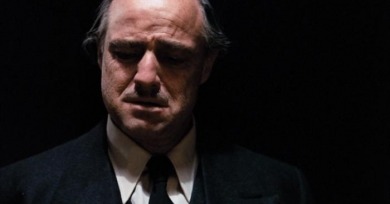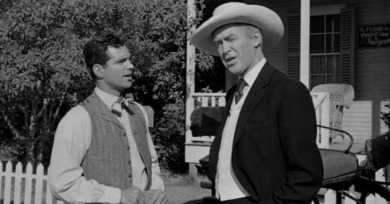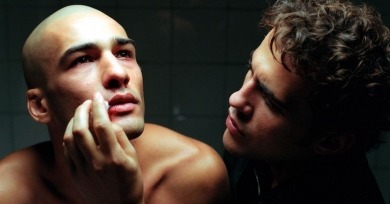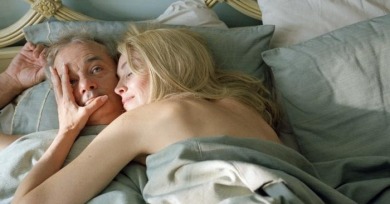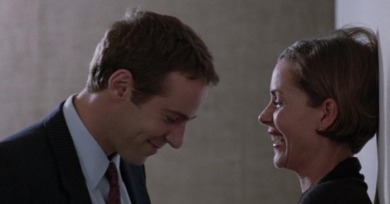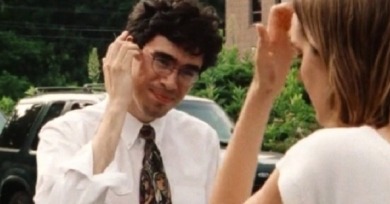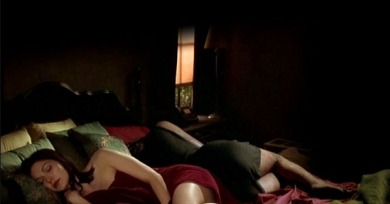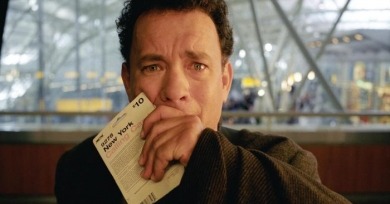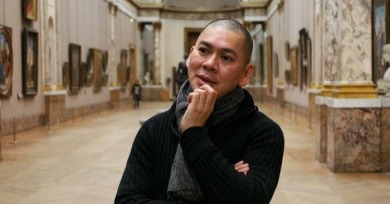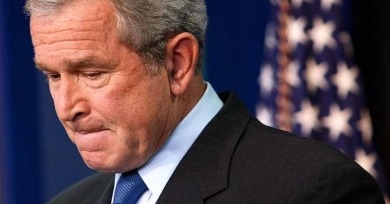Michael Koresky
When critics bring the word “shocking” to bear, what is it that they’re really saying about themselves and how they view their audience?
What makes Eyes Wide Shut truly rock me to my core is not its tastefully cadaverous nudity or its depiction of a nefarious New York sexual underworld, but rather its utter lack of trendiness and its profound humanist empathy, all twisted up as it is in a portrait of suspended moral decay.
To say that the Dardennes never fail to deliver on their formula is hardly meant as negative criticism.
For the avid Bob Fosse fan of a younger generation, there’s always been a viewing gap, as far as his brief but peerless directorial career is concerned.
The saying goes that everyone has at least one story worth telling. Frankly, that’s bullshit. Some stories—and some people’s lives, for that matter—are not worth unleashing on the rest of us.
"Well, if you’re talking about the current climate, there’s a lack of content in American film because I think people are deeply confused about their emotions, and they don’t regret certain aspects of their own foreign policy."
Breakfast on Pluto, a gleaming smile of hope in a rancid world made up of all different shades of intolerance, is the gloriously openhearted wish fulfillment of The Crying Game—the difference between the two films is as plain as night and day.
You don’t often find mainstream critics admitting that they haven’t seen The Godfather or Bicycle Thieves or King Kong or Vertigo, but in all surety, they’re out there.
Does The Man Who Shot Liberty Valance come out on the side of vigilantism or against it? Or is it so easy to separate the two?
Ostensibly a glimpse at the disrupted lives of three young brothers under the thumb of their tyrannical father after the death of their mother, Three Dancing Slaves is more of a treatise on postadolescent male angst and the stranglehold of dominant masculine roles.
Jarmusch has widely been cited as a “minimalist,” an easy, often ill-used tag for someone who is much more interested in the big picture. His films luxuriate in set pieces, just perhaps not on an imposingly grand scale.
A wondrously humane and strangely spiritual odd-duck of a movie, Junebug incisively gets at all that unspoken complexity existing in the spaces between family members by treating them as just that: spaces, gaps, blind spots.
"Though I never had any manifesto or felt like I was on a particular mission, I do feel like it behooves me to make films that no one else will, and I did have a sense, as we did Funny Ha Ha, that it would at the very least be somehow unique."
The idea of doing an issue entitled East Meets West began as an excuse to write about our favorite new East Asian filmmakers, that batch of preternaturally gifted artists who have been flowing out of that “other” corner of the globe for the past decade.
Take away their very specific milieux and cultural reference points, and the responses between the two films would be remarkably similar.
Both of these filmmakers look at the Wal-martization of the working classes and its relation to our xenophobic tendencies, exporting their ideas by utilizing large and burdensome simulacra.
"In the environment in Thailand, everything is mixed. We absorb everything. When you look at Thai food, or fashion, or architecture, it’s like we don’t have any real identity. So I think when I make films I try to express what I experience just living."
How Before Sunset deeply affects so many people can’t be so easily defined.
When it's said that an artist-filmmaker, painter, poet, performer-“defines a generation,” it can either refer to his attempts to reflect on the behavior of his times on his canvas, or it can be mere fortunate happenstance.
If the recent events at the nefarious Republican National Convention taught us anything, it should be obvious that in the current American mentality direct address is more crucial than art-world acceptance.
